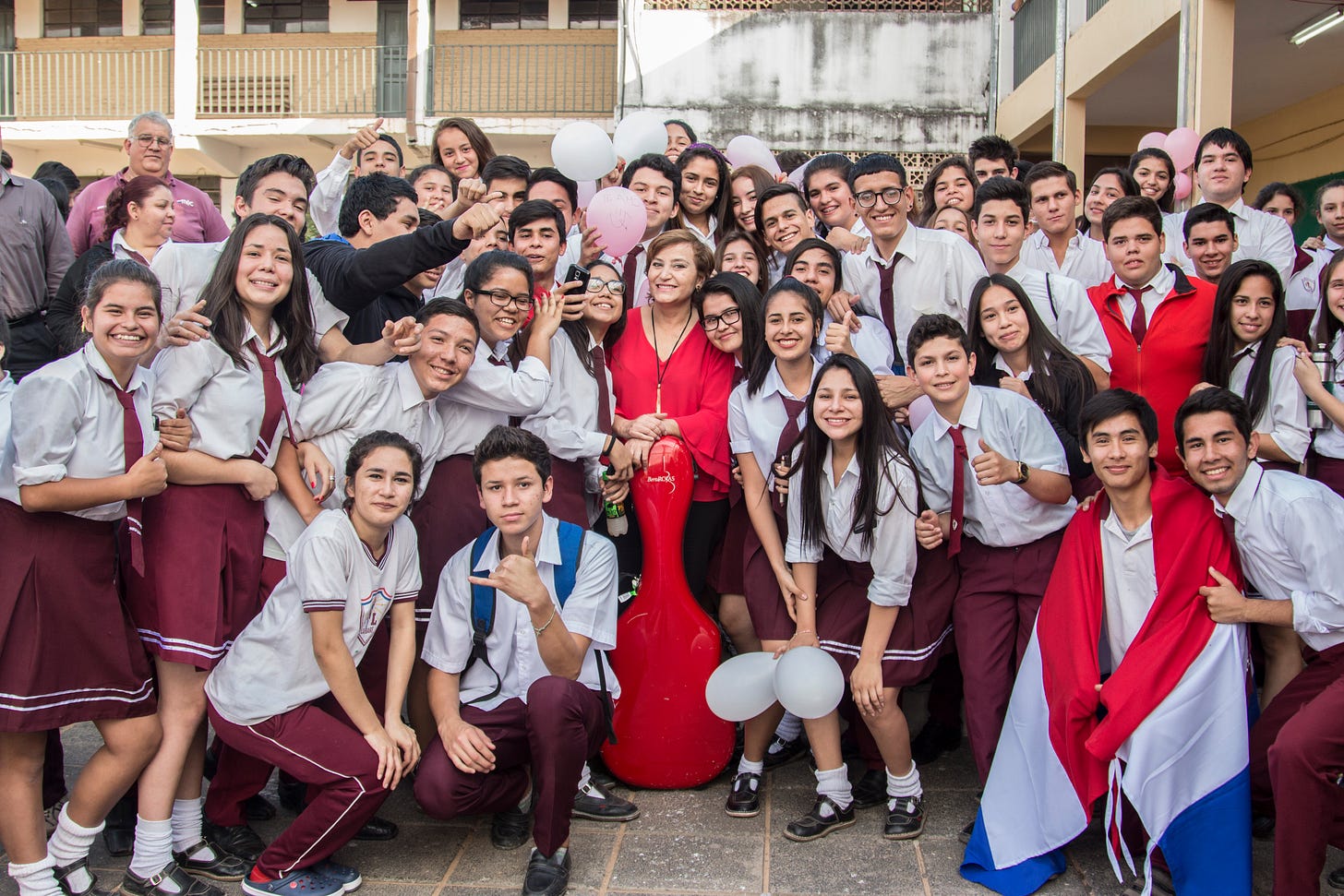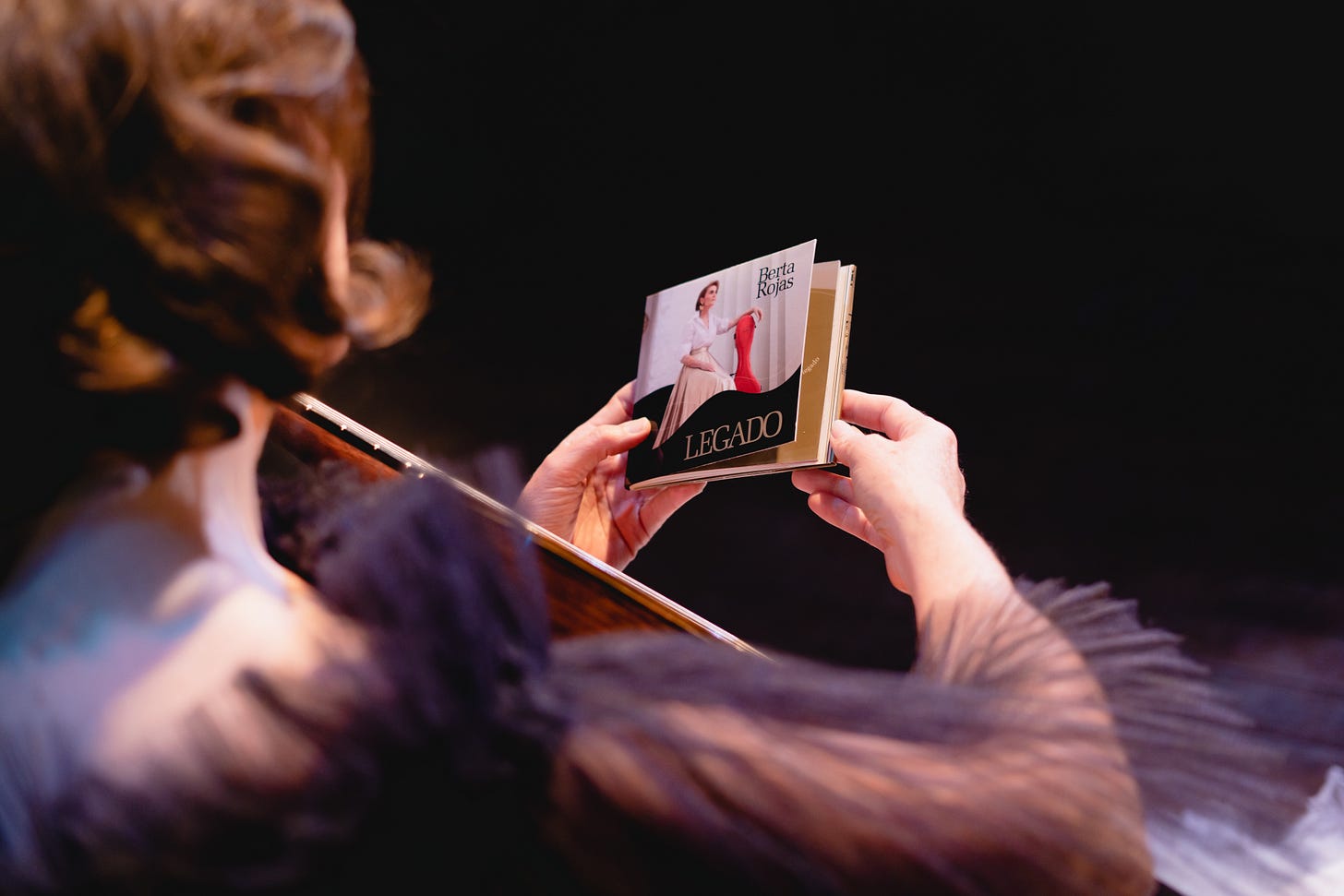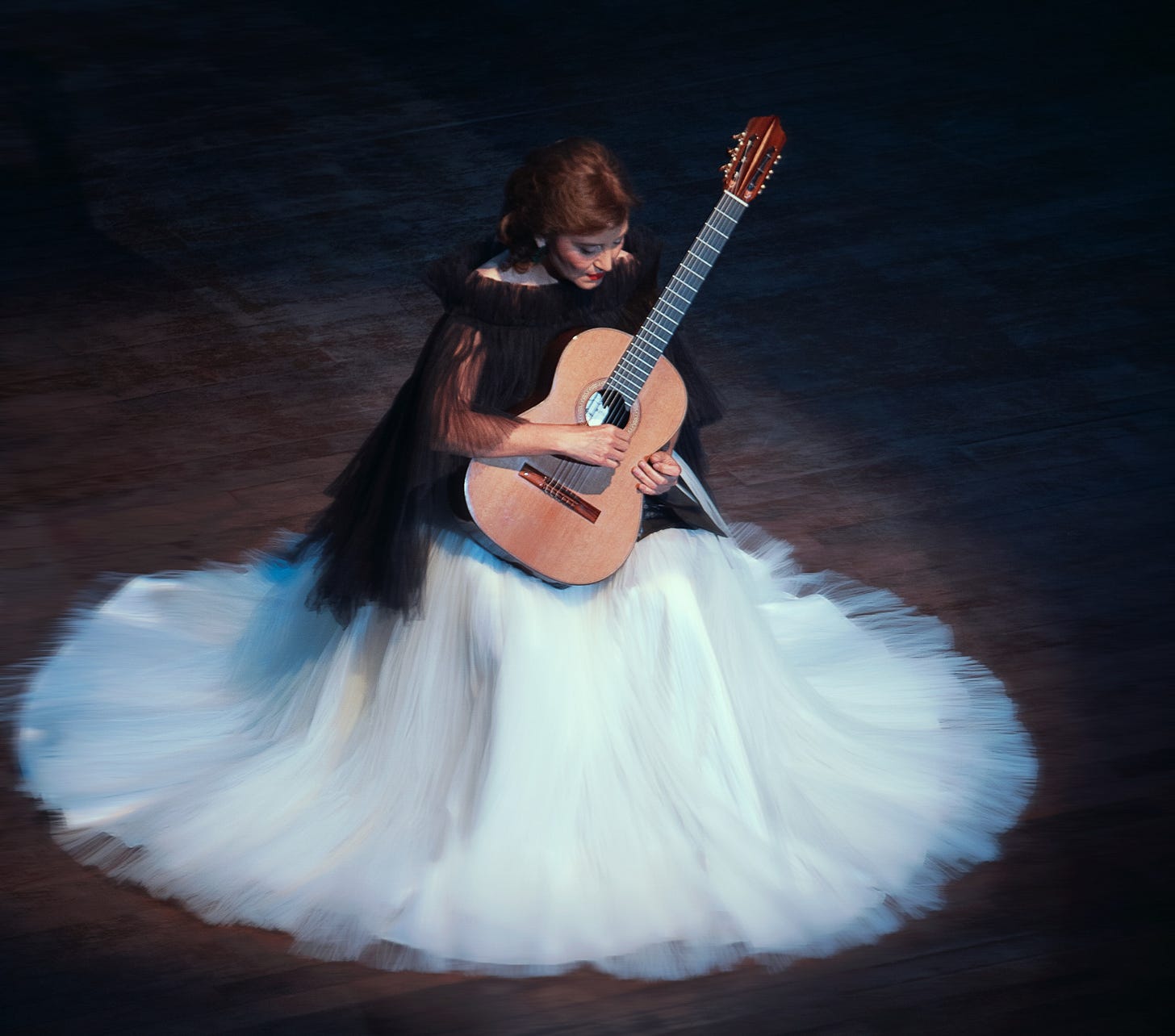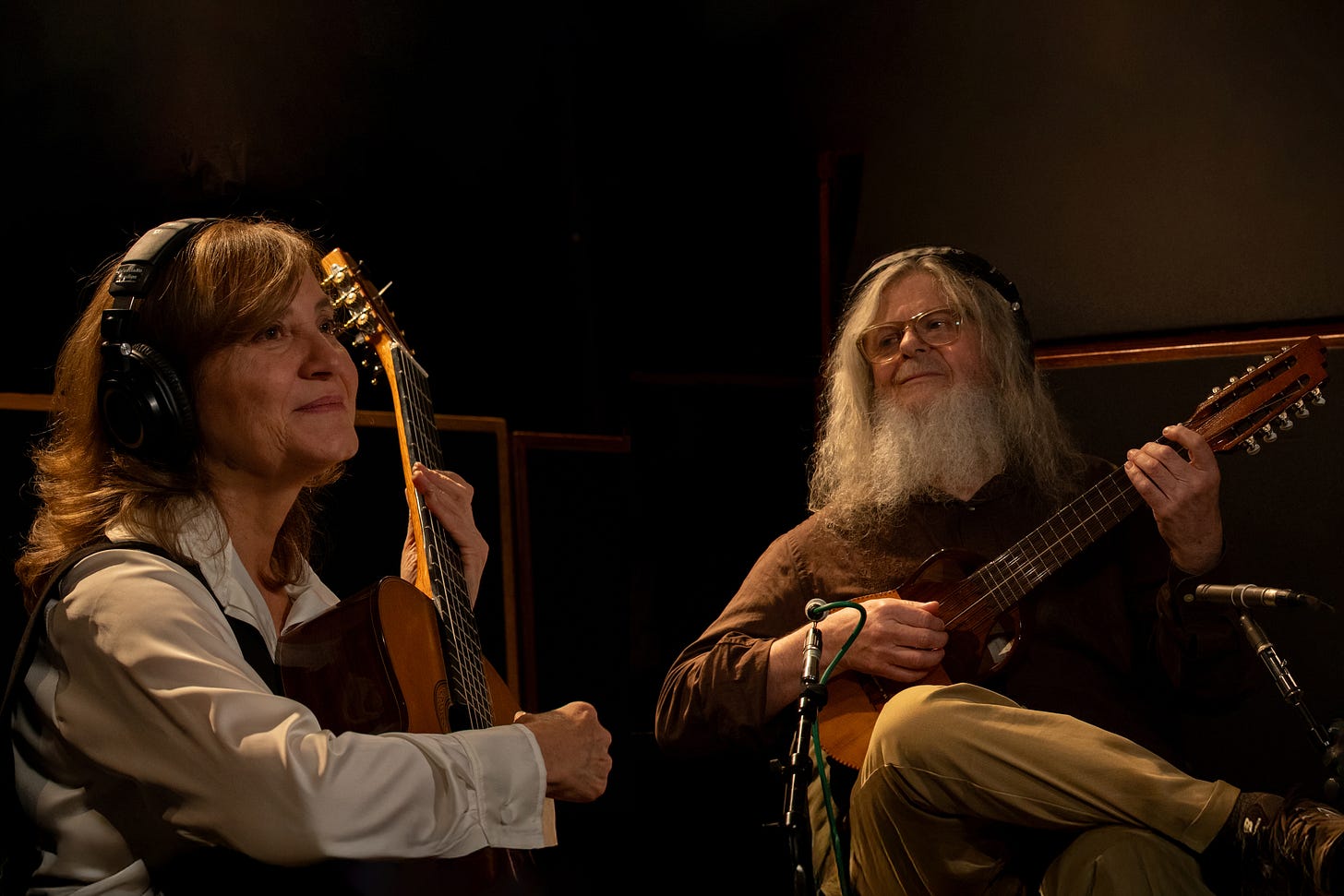Berta Rojas: “Paraguay lives in my heart”
The renowned classical guitarist talks “The Last of Us” and her new album
While the renowned Paraguayan guitarist Berta Rojas is best known for championing the legacy of Agustín Barrios Mangoré (1885-1944), the iconic Paraguayan composer, her repertoire boasts a wealth of other arrangements.
The Latin Grammy winner also recently featured in a viral collaboration with legendary Argentine musician Gustavo Santaolalla, covering his haunting theme for the hit video game (and later HBO series) The Last of Us.
The Paraguay Post dialled in to Boston to hear more from Rojas, 58, about how the remarkable duet came about.
She also talked about her experiences teaching at the prestigious Berklee College of Music, reflected on recent performances with Cuban saxophonist Paquito D’Rivera – and offered an exclusive preview of her upcoming album, set for release this October. This interview was lightly edited for length and clarity.

How will Paraguayan music feature in this new album?
It’s always there. Every one of my albums has at least one Paraguayan piece – because that’s where my heart beats from. Paraguay isn’t just in the sound, it’s in the feeling, the roots, the way I express myself. That’s how I honour my homeland. And it’s not something I force – it comes naturally, because Paraguay lives in my heart. And on stage, I can spark someone’s curiosity to learn more about the country.
How did the idea come about to invite Gustavo Santaolalla to collaborate?
I think Gustavo received the invitation with the same generosity and love I felt when I wrote to him. It was a huge learning experience. He’s got such a special energy. He’s incredibly genuine in the way he makes music and presents himself to the world – with his own accent, his own truth. When I asked him to collaborate on a new version of one of his songs, I did it with so much curiosity and gratitude. I felt like we could create a really personal kind of musical dialogue.
Why did you choose The Last of Us theme in particular, out of all his work?
Gustavo very kindly gave us access to his entire discography. Along with producers Gustavo Spatocco and Sebastián Henríquez, we each listened to his albums separately and then shared our thoughts. We asked ourselves which songs could keep the beauty of the originals while adding something new.
We found that The Last of Us theme allowed us to really dive deep into the intimacy of Gustavo’s music. It’s a stunning composition. I really value the conversation between his ronroco and my guitar – the way the instruments sort of embrace and speak to each other. That song goes beyond borders – it becomes something universal. That really moves me.
This song is part of your upcoming album – how would you describe the project? Does it have a title yet?
Yes, it’s the final single before we release the full album in October. It’s now fully recorded – we’re just putting the final touches on it. We’ve worked on it for two years, with a lot of thought – but above all, with a lot of love. That’s the feeling we hope comes through in the album. I can’t reveal the title just yet. But I can say it tells a long story – a life story, a journey of transformation and art. I’m preparing to support the release with live performances. As they say in English – I can’t wait to share all the details.

You recently reunited with legendary Cuban-American musician Paquito D’Rivera in New York after several years. What was that like?
It was magical. It’s like we breathe the same music. That sort of thing you can’t rehearse – it just happens. I’ve always had a really special connection with Paquito. He’s a musician who knows everything, and he has this incredible sensitivity – a real gift for picking up the invisible.
We played like we’d never stopped. It had been eight years – the last time was back in 2017. We reunited with a concert in a major New York theatre. Before that, we had a project called In the Footsteps of Mangoré where we explored the life and legacy of Agustín Barrios, performing in 20 countries where he had once played.

You live in Boston – what’s your day-to-day like teaching at Berklee?
I spend nine months a year teaching at Berklee, from May to September. Berklee is such a melting pot – it brings together cultures and voices from all over the world, and that’s where growth happens.
Students arrive when they’re 18 and leave at 22 – it’s a beautiful age. I work with young people from everywhere, and have a big responsibility as their teacher. My role is to support them, respect their creativity, and offer my experience. I see it as a wonderful opportunity life’s given me – to contribute from a perspective that maybe only experience can bring.
How do you help your students and international audiences learn more about Paraguay?
What I offer is an invitation to discover Paraguayan culture – to be a voice that brings harmony and peace. That’s enough for me. When I’m on stage, I share my heart and vulnerability, hoping that the people who came to listen will do the same. That creates a sort of dialogue with the audience – and for me, that’s grounded in Paraguayan music, which brings me so much joy.
When will you perform in Paraguay again?
I’m really looking forward to celebrating the album launch with a special concert in Paraguay. That’ll be next year – in 2026. I’m going to take some time after the release in October to support the album properly, but I want to reconnect with my audience – the people who know me best, who’ve been there since I was a young student and dreamed of living a life in music.




